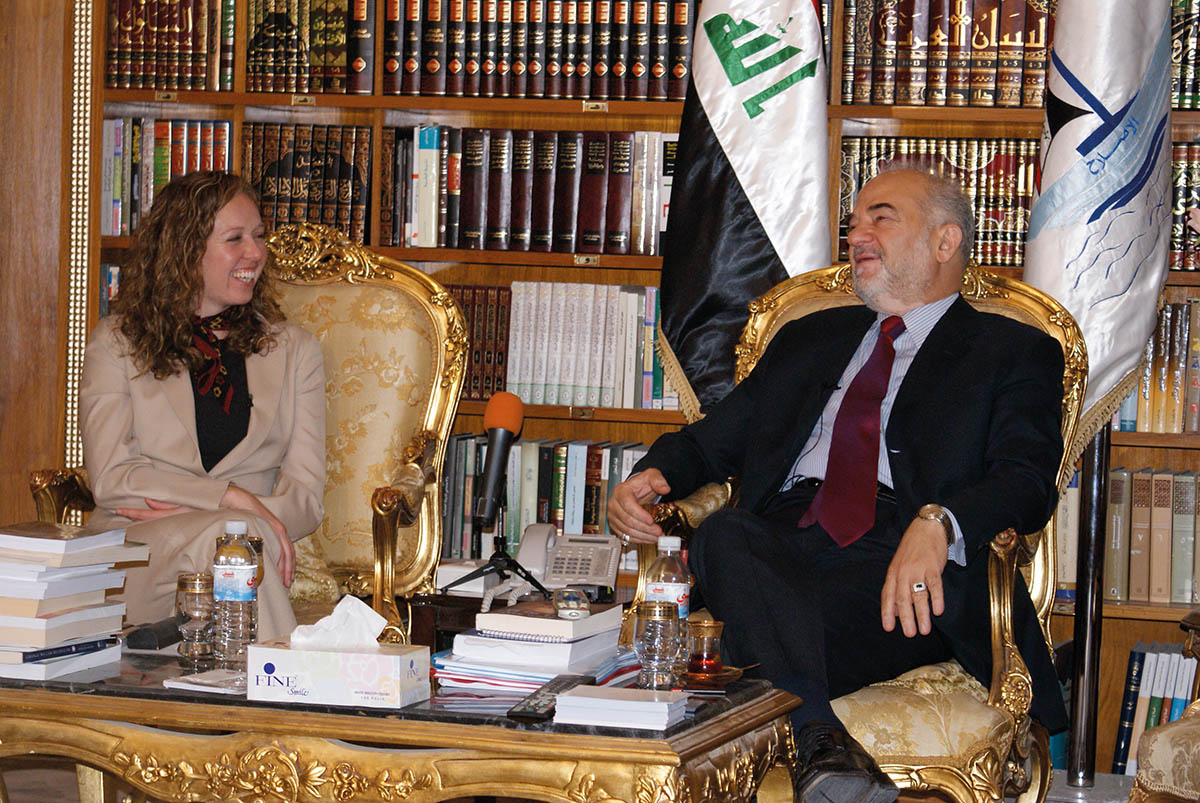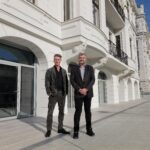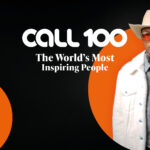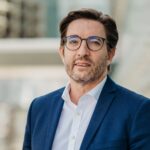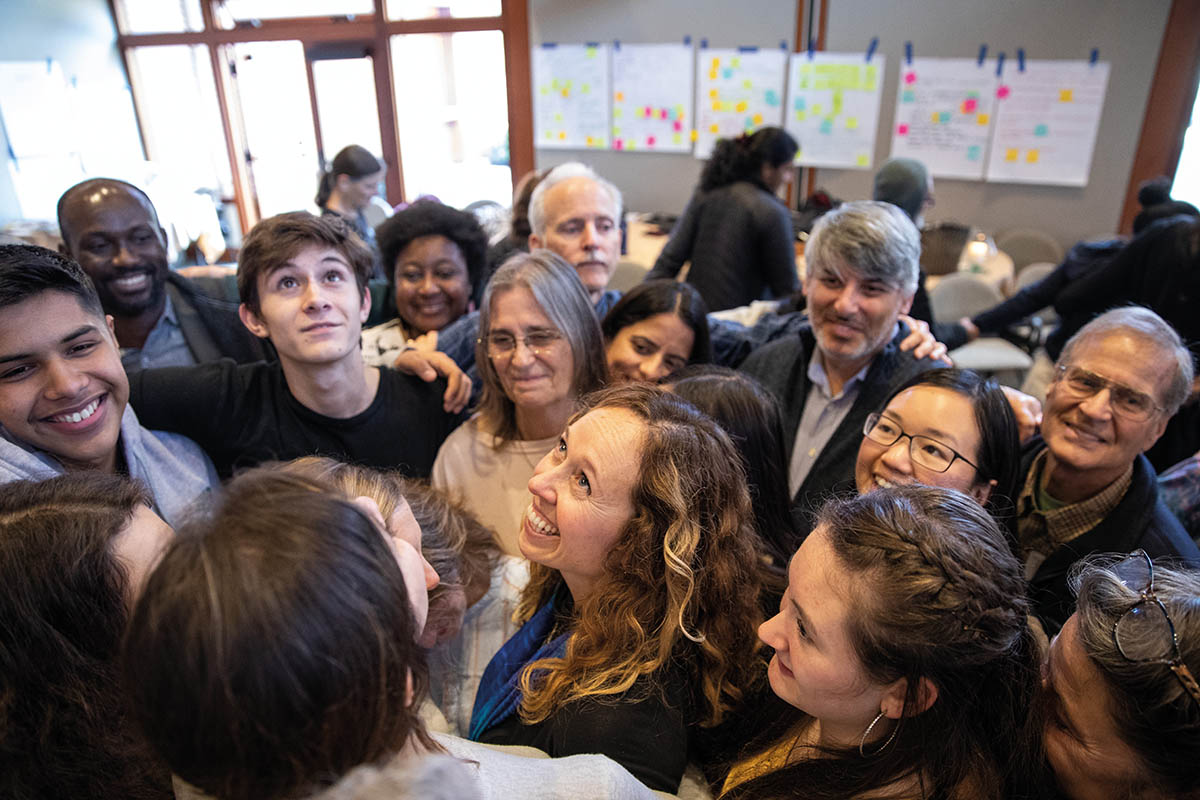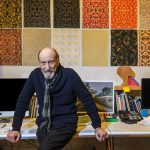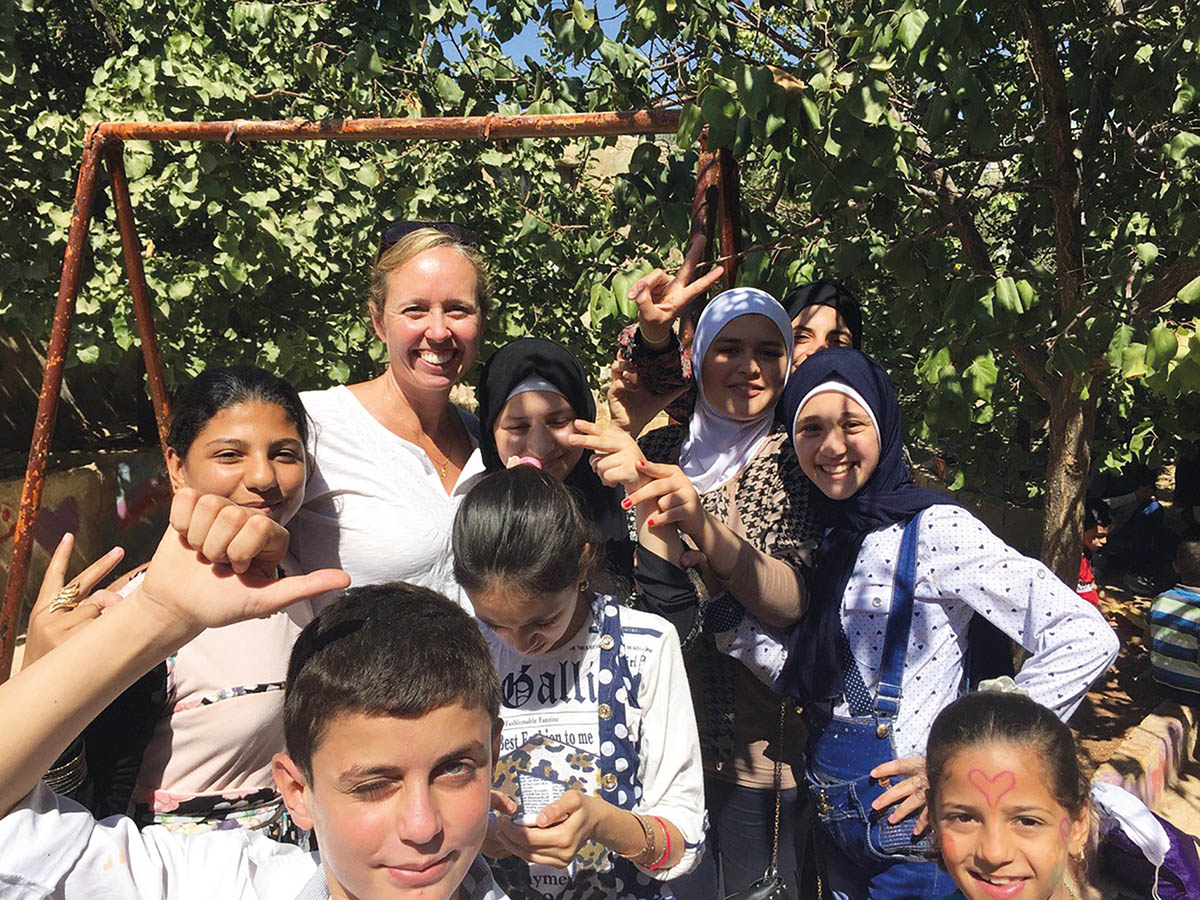
Does an individual really have the ability to change things?
It seems impossible, right? But look at Gandhi or Martin Luther King. Everett Rogers, a professor at Stanford, found out that a very small percentage of the population are so-called innovators. Once they reach 5 to 20% of the population with their vision, things can change. We like to think that in order to really make a difference, we have to convince more than half of them. But that is not the case. At the Institute, we do our bit to shed light on the work of our visionaries and to show others the difference that only one person can make.
Sometimes you only need to convince 5% of the people to make a real change.
What does an innovator have to bring with him or her to achieve this power?
Gandhi was clear that it was not only about non-violent resistance, but that it had to be a personal change. For a person would not be able to endure beatings and imprisonment without such mental strength and inner purity that does not make you resort to violence yourself or make you hate the person that inflicts it on you. I was recently in Israel and Palestine and I spoke to a dear friend who was imprisoned for ten years at the age of 14. He was tortured and suffered incredible things, his whole youth was just gone. Today, he joins forces with both Israeli soldiers and Palestinian military personnel to work for peace and an end to the occupation. He told me that seeing the other as his brother is an incredibly strong message. But how do you do that? What kind of transformation must happen so that you can see someone who has tormented you as your brother? He said that he understands that most people are not yet ready. It has taken him a lifetime to even begin to glimpse what that means and what that looks like. This moral force is stronger than nuclear weapons, it is the most powerful force in the universe, I really believe that.
Correspondingly, the gap in your own home country, the USA, is currently becoming very clear again.
It’s absurd. During the last two trips, the peacebuilders from the Middle East approached me and asked, „We are really worried about the USA! Do you need our help in America?“ An institute that looked at factors of civil war abroad once pointed out to us that every single one of the selection criteria would apply to the US: The divide, the conflict with the media, the dehumanization on the other side. We inhabit two different worlds and these two worlds degrade each other. Our brain cannot recognize the difference between a tiger that wants to attack us and a difference of opinion. It sees both as life-threatening and a danger to our core identity. But still it is important to have these conversations. In a democracy, no one has the perfect image and the perfect answer. Only by working together as a community and having this rich diversity of perspectives can one contribute to the solution. Many studies have shown that people who live in isolation and do not interact with strangers are much unhappier than those who live in areas with opposing viewpoints. So we need each other.
© 2023 PANAREA Studios GmbH, Wien. Alle Rechte vorbehalten.
Das Datum der Erstveröffentlichung dieser Story kann vom Online-Veröffentlichungsdatum auf www.call-magazine.com abweichen.
People from the Middle East approached me and asked, „Do you need our help in America?“
